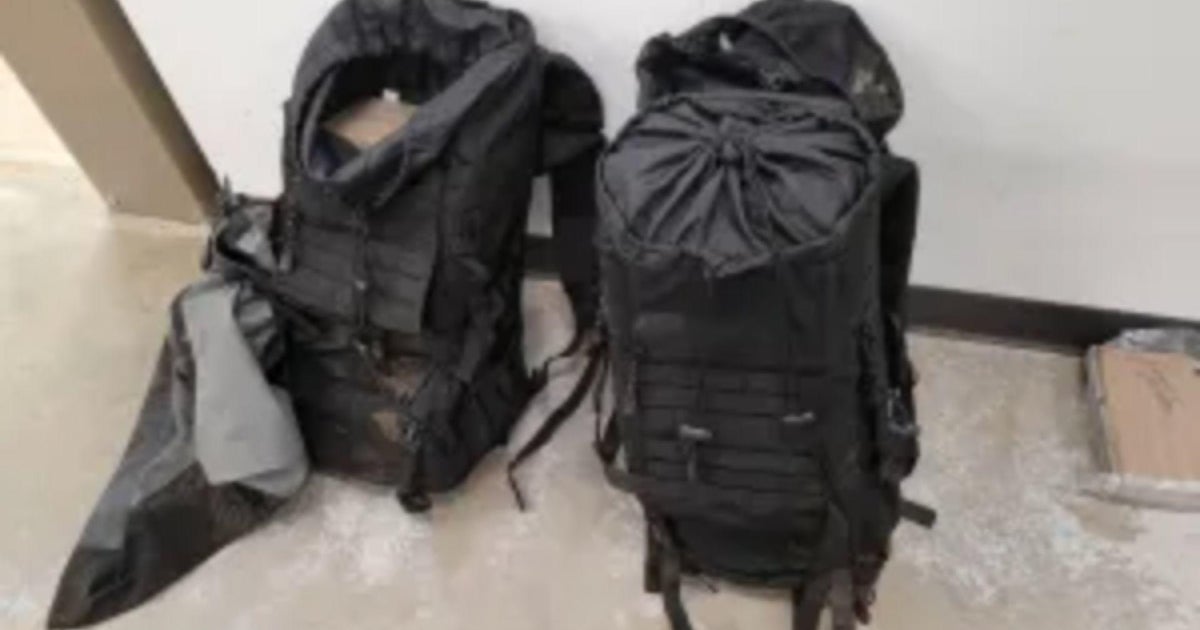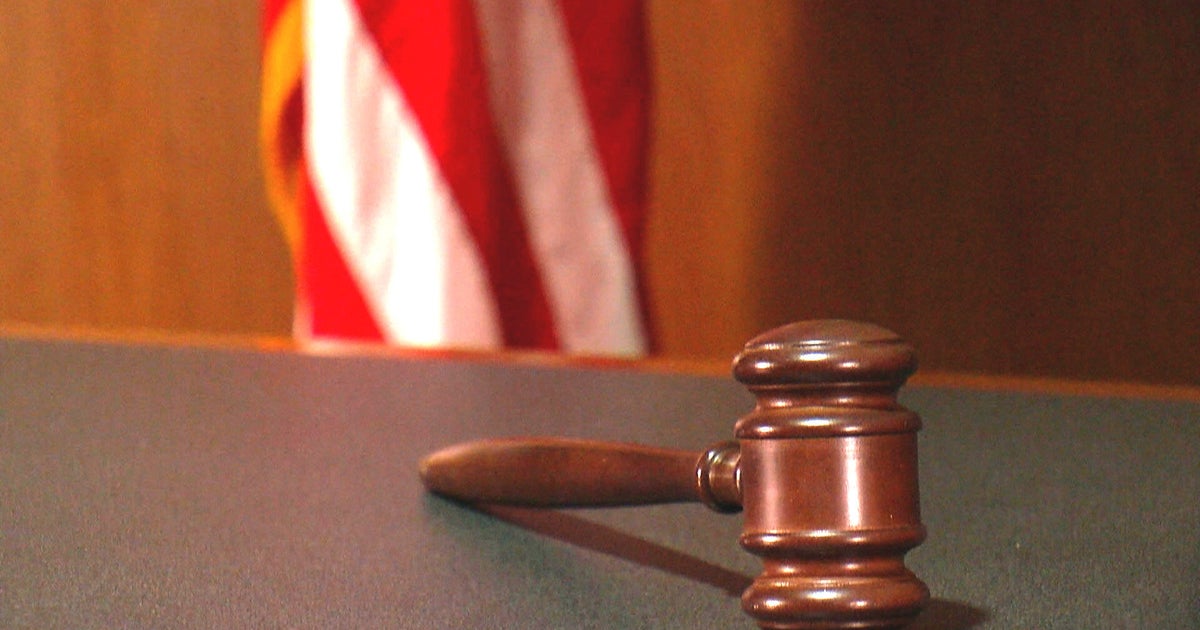Attorney General Merrick Garland restricts efforts to seize reporters' records
Washington — The Justice Department on Monday unveiled a new policy tightening the rules on prosecutors seeking subpoenas, warrants and court orders for journalists' records after the Trump administration was found to have secretly obtained information from reporters at three news outlets as part of its efforts to tamp down on leaks.
In a three-page memo to federal prosecutors and top Justice Department officials, Attorney General Merrick Garland said he is prohibiting the department from using compulsory legal process — subpoenas, warrants, court orders and civil investigative demands — to obtain information from members of the press who are acting within the scope of the newsgathering process when pursuing leak investigations.
"Because a free and independent press is vital to the functioning of our democracy, the Department of Justice has long employed procedural protections and a balancing test to restrict the use of compulsory process to obtain information from or records of members of the media. There are, however, shortcomings to any balancing test in this context," Garland wrote in the memo.
The ban by Garland applies to reporters, their publishers or employers, and third-party service providers and extends to the "full range of compulsory process," including subpoenas, warrants, court orders and civil investigative demands. The prohibition also applies regardless of whether investigators are seeking testimony, documents, telephone records, metadata or digital content.
There are exceptions to the new ban: it does not apply to entities or individuals who are agents of foreign powers or members of terrorist organizations, when there is imminent risk of bodily harm or death, or when a reporter agrees to turn over the requested information.
Garland also reiterated the department's support of legislation from Congress that would codify legal protections for journalists.
Read the memo here:
Garland's memo to federal prosecutors formalizes a pledge made by President Biden and the Justice Department that the administration would no longer seize reporters' records while investigating leaks. Mr. Biden in May called the seizures of phone records from journalists "wrong" and vowed he would not let such efforts to obtain reporters' information happen again.
The prohibition from the Justice Department comes after the Washington Post, New York Times and CNN were notified that the department in the early months of former President Trump's administration had secretly obtained or tried to access their reporters' phone and email records as part of an investigation into the leaks of classified information about contacts between Mr. Trump's aides and Russia.
The department imposed gag orders that prevented the news outlets from disclosing knowledge of the leak investigation and legal battles to block the attempts to seize the communications data.
Last month, the Justice Department inspector general announced his office would investigate the use of the subpoenas and other legal tools used by the Justice Department under the Trump administration to obtain the data from journalists, members of Congress, and their family members.
The House Judiciary Committee has also launched its own review of the Justice Department's secret subpoenas during the Trump administration and has requested from the department a trove of documents related to the requests.



